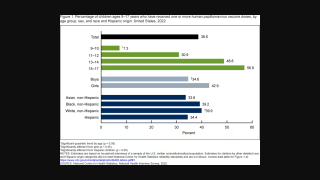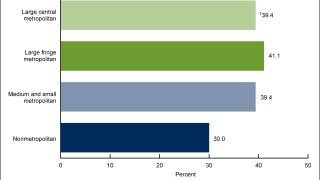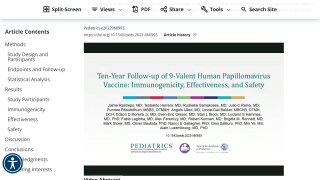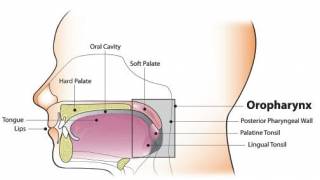One-Dose HPV Vaccinations Save More Women from Cervical Cancer

Four years ago to the day, 194 countries resolved to eliminate cervical cancer, with the World Health Organization (WHO) leading a global strategy. Since then, significant progress has been made.
According to the WHO, on November 17, 2024, at least 144 countries had introduced a human papillomavirus (HPV) vaccine, and over 60 countries now include HPV testing in their cervical screening programs, the fourth most common cancer in women.
As world leaders arrive in Brazil for the G20 Summit this weekend, health prevention advocates are joining the WHO to mobilize efforts on a worldwide "Day of Action for Cervical Cancer Elimination."
"I thank all the health workers who are playing a critical role in this global effort," said Dr Tedros Adhanom Ghebreyesus, WHO Director-General, in a media release.
"Only with strong leadership and sustained investment can we achieve our shared goal of equitable access for communities most in need."
In 20220, the WHO aimed to fully vaccinate 90% of women with the HPV vaccine by age 15.
While the 90% vaccination goal has not been achieved, the WHO has led an expansion in access to HPV vaccines and a reduction in the suggested number of doses.
Data released in July 2024 indicates that the one-dose HPV vaccine coverage among young women increased from 20% in 2022 to 27% in 2023.
In 2023, 37 countries were implementing the single-dose schedule.
WHO estimates that the single-dose schedule adoption has resulted in at least 6 million additional young women being reached with HPV vaccines in 2023.
And as of late 2024, 57 countries are implementing the single-dose schedule.
Furthermore, the WHO took action to increase HPV vaccine supply.
WHO announced in October that a fourth WHO-prequalified HPV vaccine product, Cecolin®, has been confirmed for use in a single-dose schedule. This important milestone will contribute to improving the sustainable supply of HPV vaccines—allowing more women to be reached with the vaccines that prevent cervical cancer, says the WHO.
Dr Kate O'Brien, Director of the Department of Immunization, Vaccines and Biologicals at WHO, commented in a previous press release, "Given the continuing supply challenges, this addition of single-dose vaccine product means countries will have greater choice of vaccines to reach more girls."
In the United States, HPV vaccinations are recommended for two and three doses.
Our Trust Standards: Medical Advisory Committee
























